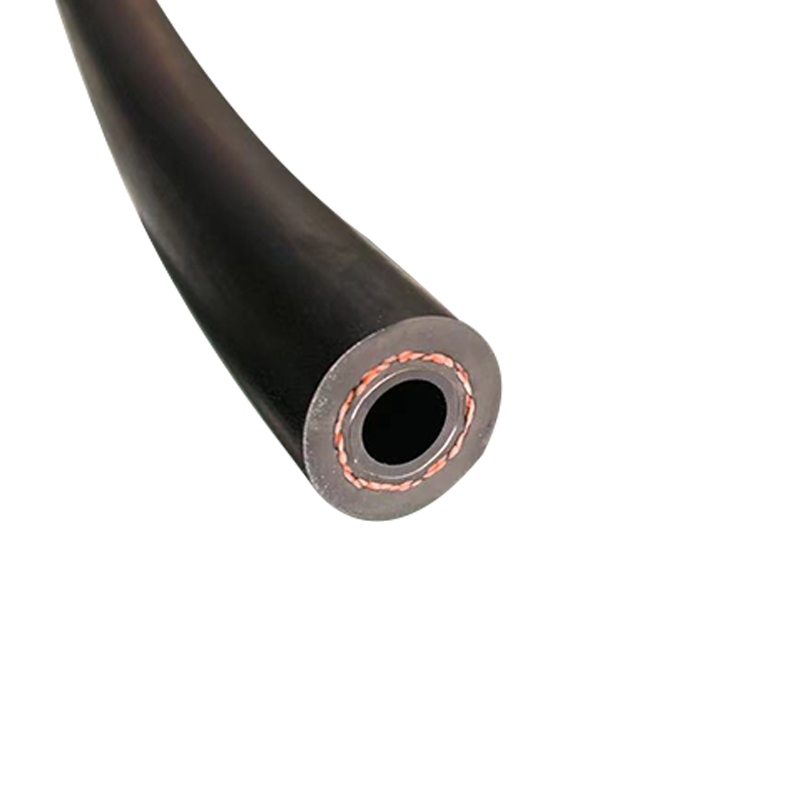High-Quality Diesel Fuel Line Hose for Efficient Fuel Transfer
Sep . 07, 2024 05:07 Back to list
High-Quality Diesel Fuel Line Hose for Efficient Fuel Transfer
Understanding Diesel Fuel Line Hose Importance and Specifications
Diesel fuel line hoses play a crucial role in the efficient functioning of diesel engines. They are engineered to transport diesel fuel from the tank to the engine while ensuring safety and reliability. Given the unique properties of diesel fuel, it is essential that the hoses used in their transfer possess specific characteristics to withstand various operational conditions.
Composition and Construction
Diesel fuel line hoses are typically constructed from high-quality rubber or thermoplastic materials that can withstand the corrosive nature of diesel fuel. These hoses must be resistant to permeation, which can lead to fuel leakage and environmental hazards. Reinforced inner linings are often utilized to improve durability and prevent the hose from collapsing under the vacuum created by fuel pumps.
The outer layer of the hose is designed to provide protection against abrasion, UV rays, and extreme temperatures. In industrial or off-road applications, hoses may also need to resist exposure to oils, chemicals, and other contaminants that could compromise their integrity. The combination of these materials ensures that the fuel line hose maintains its performance over an extended period, even in harsh conditions.
Specifications
When selecting a diesel fuel line hose, it is essential to pay attention to several specifications. The first is the pressure rating, which indicates how much pressure the hose can handle without bursting or leaking. Diesel engines typically operate at high pressures, so choosing a hose with an appropriate ratings is crucial.
diesel fuel line hose

Another critical specification is the hose's temperature rating. Diesel fuel can undergo significant temperature variations, from the cold of winter to the heat generated during engine operation. A quality fuel line hose should remain flexible and functional within a specified temperature range to avoid cracking or kinking.
The diameter of the hose is also vital. It must be compatible with the fittings and the overall fuel system to ensure optimal flow. A mismatch can lead to reduced engine performance, increased fuel consumption, and even damage to the engine.
Importance of Regular Maintenance
While diesel fuel line hoses are designed for durability, regular maintenance is essential to ensure their longevity and safety. Inspections should be conducted periodically to check for signs of wear, such as cracks, bulges, or leaks. Any damaged hoses should be replaced immediately to prevent fuel spills that could pose fire hazards or environmental threats.
Furthermore, it is essential to use hoses that comply with industry standards, such as SAE J30R7 or J30R9, which outline the performance requirements for fuel hoses. Choosing high-quality hoses from reputable manufacturers not only ensures better performance but also enhances safety and reliability.
Conclusion
In summary, diesel fuel line hoses are integral to the operation of diesel engines, requiring careful selection based on material composition, specifications, and maintenance practices. Understanding these aspects can aid in choosing the right hose for your diesel system, ensuring that it operates efficiently and safely. By investing in quality hoses and conducting regular inspections, users can maximize the performance of their diesel engines while minimizing risks associated with fuel transfer.
